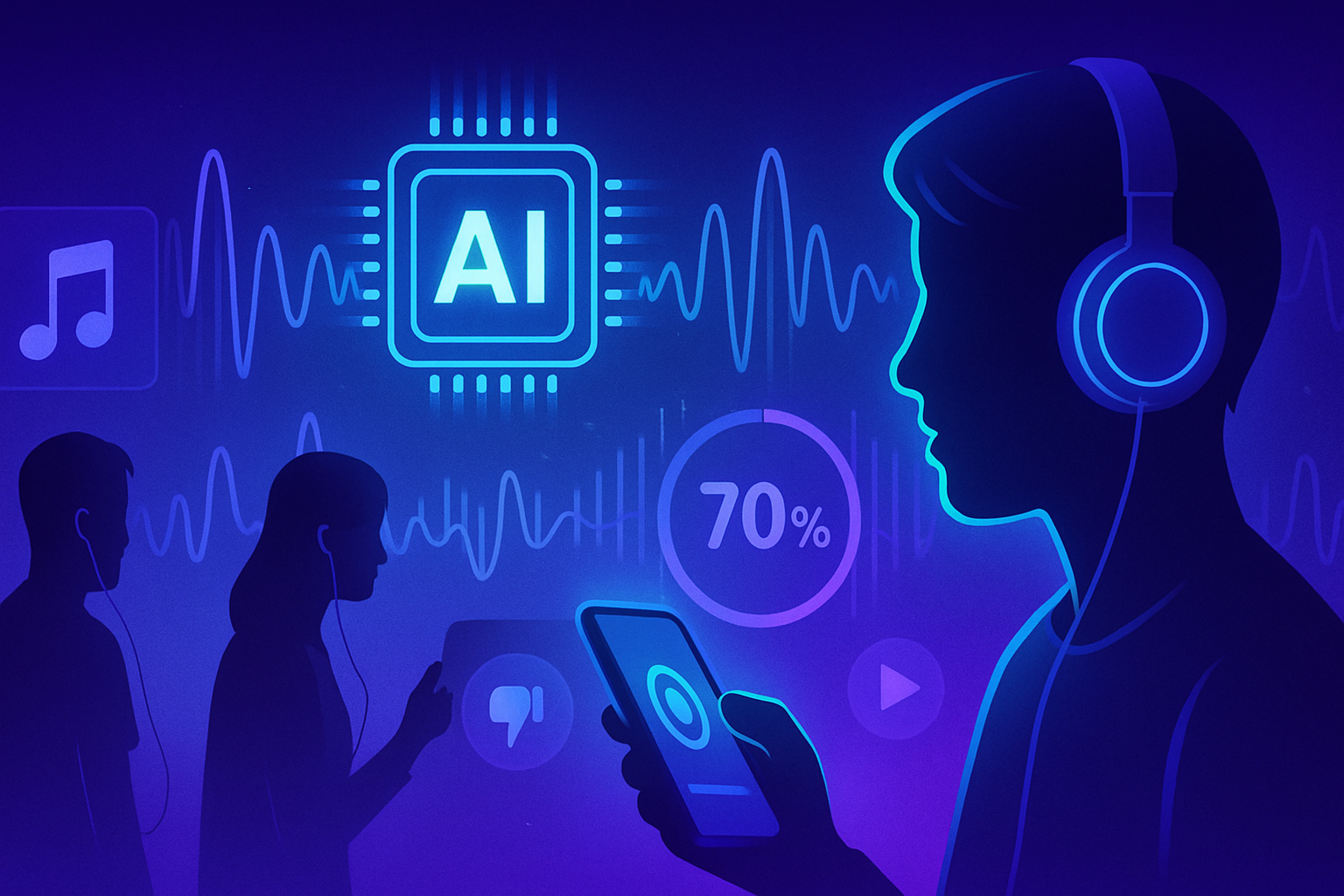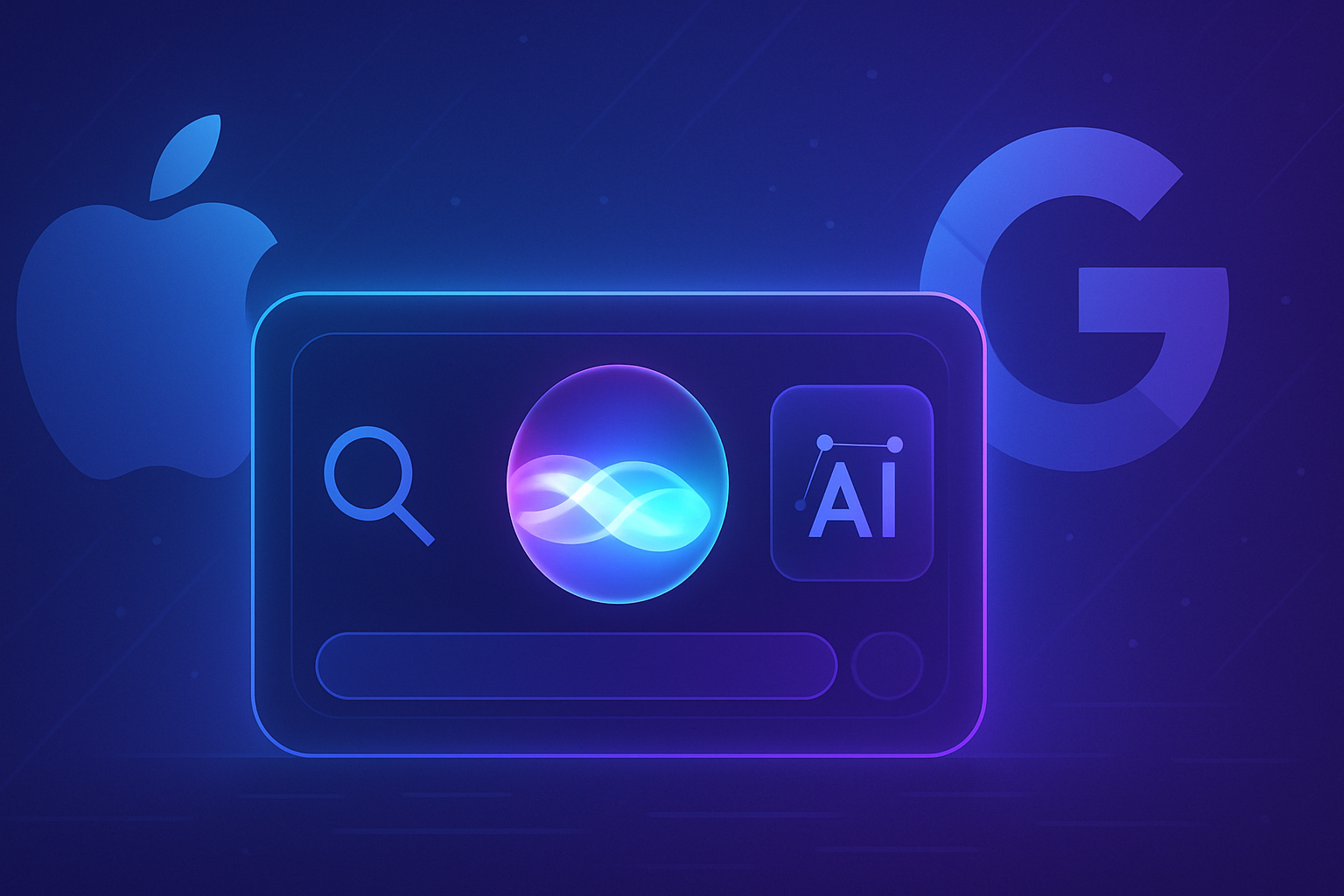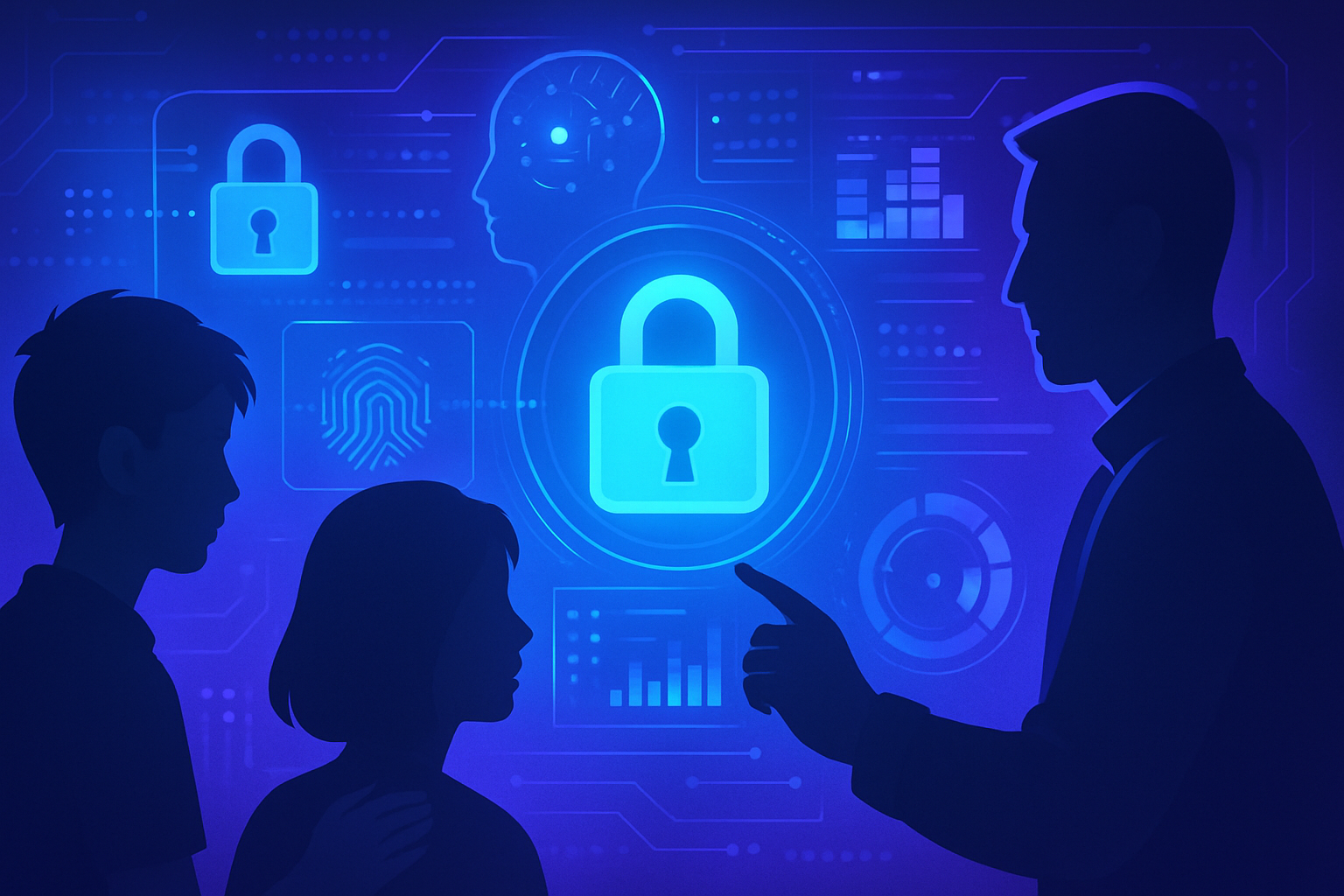The revelations from the streaming platform Deezer pose an unprecedented challenge to the music industry. Up to 70% of AI-generated music streams on this platform are found to be fraudulent. Like a storm wind, this issue intensifies with the rise of generative technologies, impacting the artists’ revenue and threatening the integrity of the musical ecosystem. The malpractices orchestrated by ill-intentioned parties skillfully exploit the weaknesses, turning the musical illusion into a real financial threat. The need for heightened vigilance and effective tools becomes essential to counter this drift.
Fraud in AI-generated music listening
A recent report from the streaming platform Deezer highlights that up to 70% of AI-generated music streams result from fraudulent practices. Although this music represents merely 0.5% of streams on the platform, data analysis reveals that fraudsters exploit this content to generate substantial revenue.
Fraud mechanisms
Fraudsters use bots to simulate streams of tracks created by artificial intelligence. This strategy allows them to collect substantial copyright payments that are both considerable and detrimental to real artists. By orchestrating false mass streams on a limited number of tracks, they circumvent the detection measures put in place by the platform.
The implications for artists
Thibault Roucou, Director of Rights and Demographics at Deezer, expresses concerns about this manipulation. This situation illustrates an incessant quest for financial compensation, as millions of dollars theoretically intended for legitimate artists are diverted to malicious profiteers. According to the IFPI report, substantial amounts are thus escaping the creators, exacerbating the economic challenges already faced by the music industry.
Deezer’s response
In light of this growing issue, Deezer is developing advanced tools to identify content that is entirely generated by AI. The company has implemented methods capable of detecting tracks from the most prolific musical models, such as Suno and Udio. Meanwhile, the platform blocks copyright payments for declared fraudulent streams.
Increase in AI downloads
In April, Deezer revealed a significant increase in AI-generated music downloads, now representing 18% of all downloads. This alarming statistic translates to about 20,000 new tracks per day. In response, the platform decided to remove all content entirely generated by AI from its algorithmic recommendations.
Organized acts
Although the identity of those responsible for the fraudulent streams remains unknown, operations appear to be orchestrated by well-organized groups. This organized structure embodies a serious threat to the integrity of the music industry as global competition intensifies, with a market valued at $20.4 billion last year. The volume of fraudulent streams represents a considerable financial issue.
The case of the American musician
A recent example illustrates the dramatic consequences of these fraudulent actions. Michael Smith, an American musician, was indicted after creating hundreds of thousands of AI-generated songs and streaming them billions of times, allowing him to receive payments of $10 million in royalties. This case raises serious questions about the current copyright management system in the digital age.
Towards better regulation
The fight against fraud in the sector of AI-generated music awaits increased regulation. Platforms and collective management organizations must evolve to anticipate new methods of fraud and protect artists’ rights. Current legislation needs to be revised to meet the challenges posed by rapid technological advances, so that creators can benefit from their work fairly.
For more information on the implications of technology in various fields, you can consult articles such as the ruling on rating algorithms or analyses on the revolution in blockchain and AI.
Frequently asked questions
What is AI-generated music?
AI-generated music refers to pieces created using algorithms and machine learning models, without direct human intervention in the composition process.
Why does Deezer claim that up to 70% of AI-generated music streams are fraudulent?
Deezer pointed out the use of bots performing listens of these tracks to generate revenue through royalty payments, which constitutes fraudulent manipulation of the system.
How do fraudsters profit from AI-generated music on platforms like Deezer?
Fraudsters use automated programs to simulate streams of AI-generated music, thereby harvesting royalty payments for lower quality or entirely artificial tracks.
What types of AI-generated music are affected by this fraud?
Frauds affect various genres, including fictional pop and rap, as well as tracks with artificial moods, all produced to exploit streaming mechanisms.
Is Deezer taking measures against fraudulent streams of AI-generated music?
Yes, Deezer has implemented tools to identify and block royalty payments related to streams it considers fraudulent, with a focus on 100% AI-generated content.
How many AI-generated tracks are downloaded on Deezer each day?
Deezer has indicated that AI-generated music accounts for approximately 18% of all downloads on the platform, or around 20,000 tracks per day.
What impact does AI-generated music have on legitimate artists?
The fraud related to AI-generated music deprives authentic artists of revenue owed to them, thus creating an inequality in the musical and economic landscape.
What efforts is Deezer making to protect itself against fraud?
Deezer is investing in advanced detection technologies to spot and eliminate fraudulent music, while also seeking to anticipate fraudsters’ tricks.
How is the situation of AI-generated music evolving on streaming platforms?
The presence of AI-generated music on streaming platforms continues to grow, posing increasing challenges for fraud detection and copyright protection.






